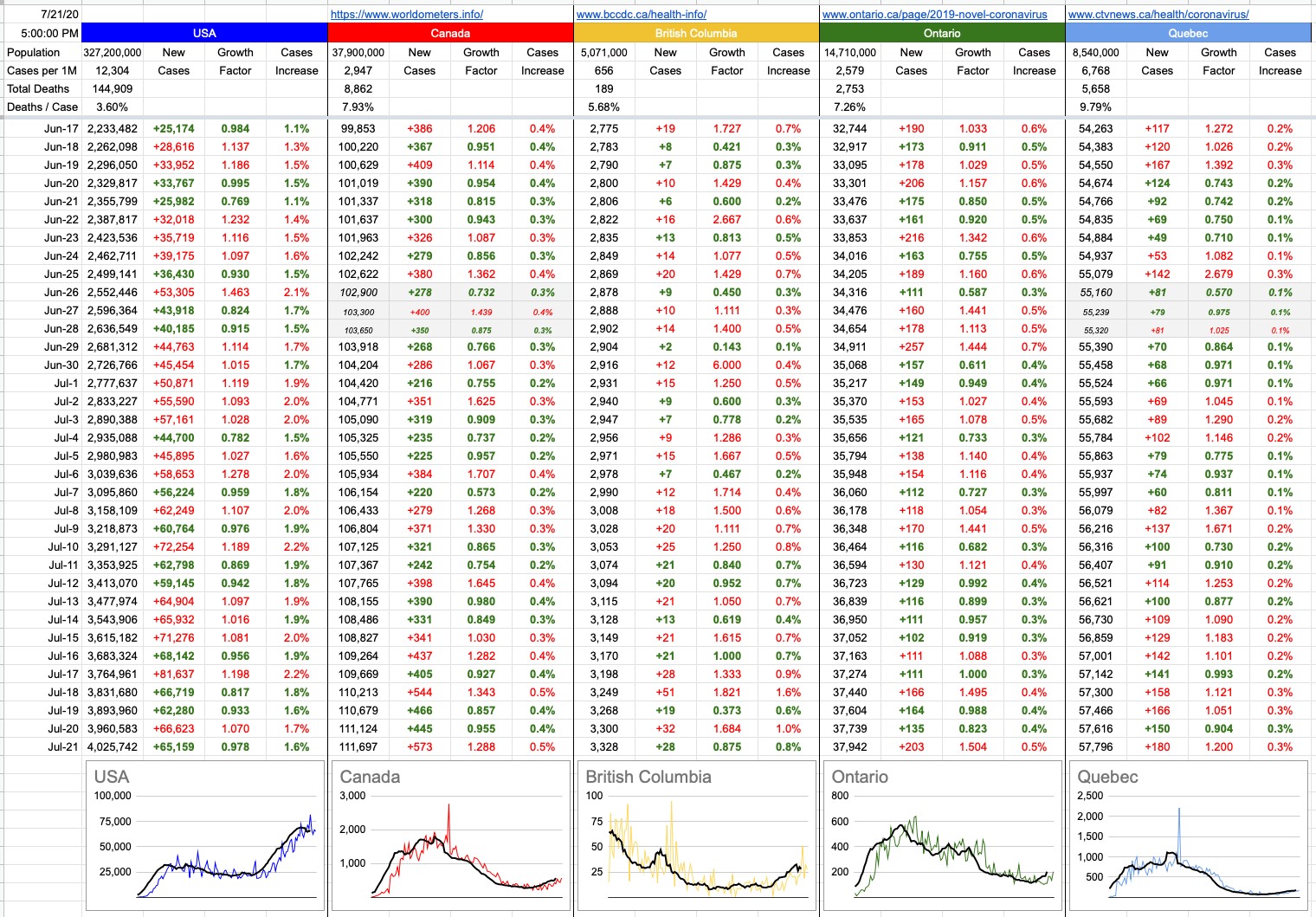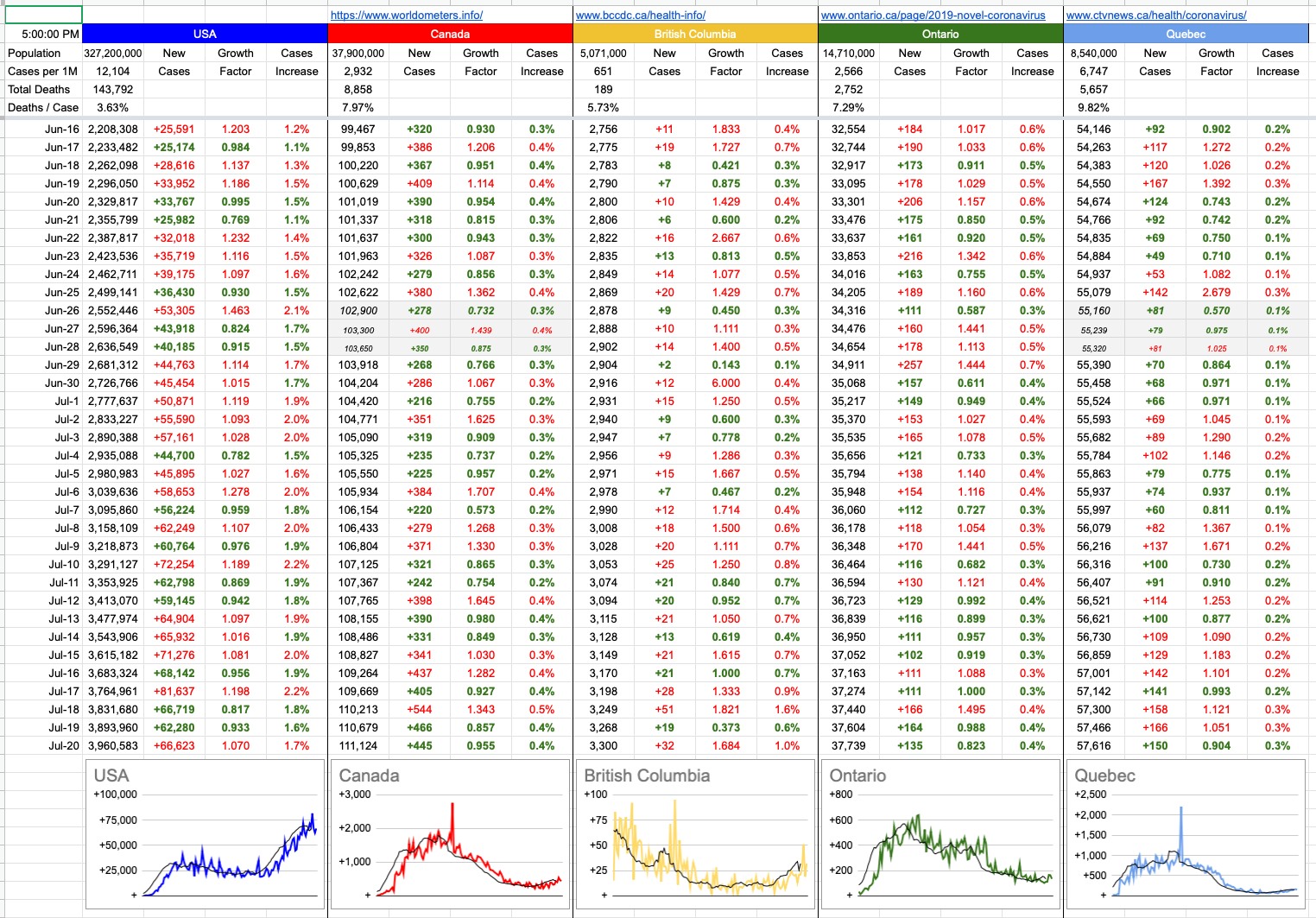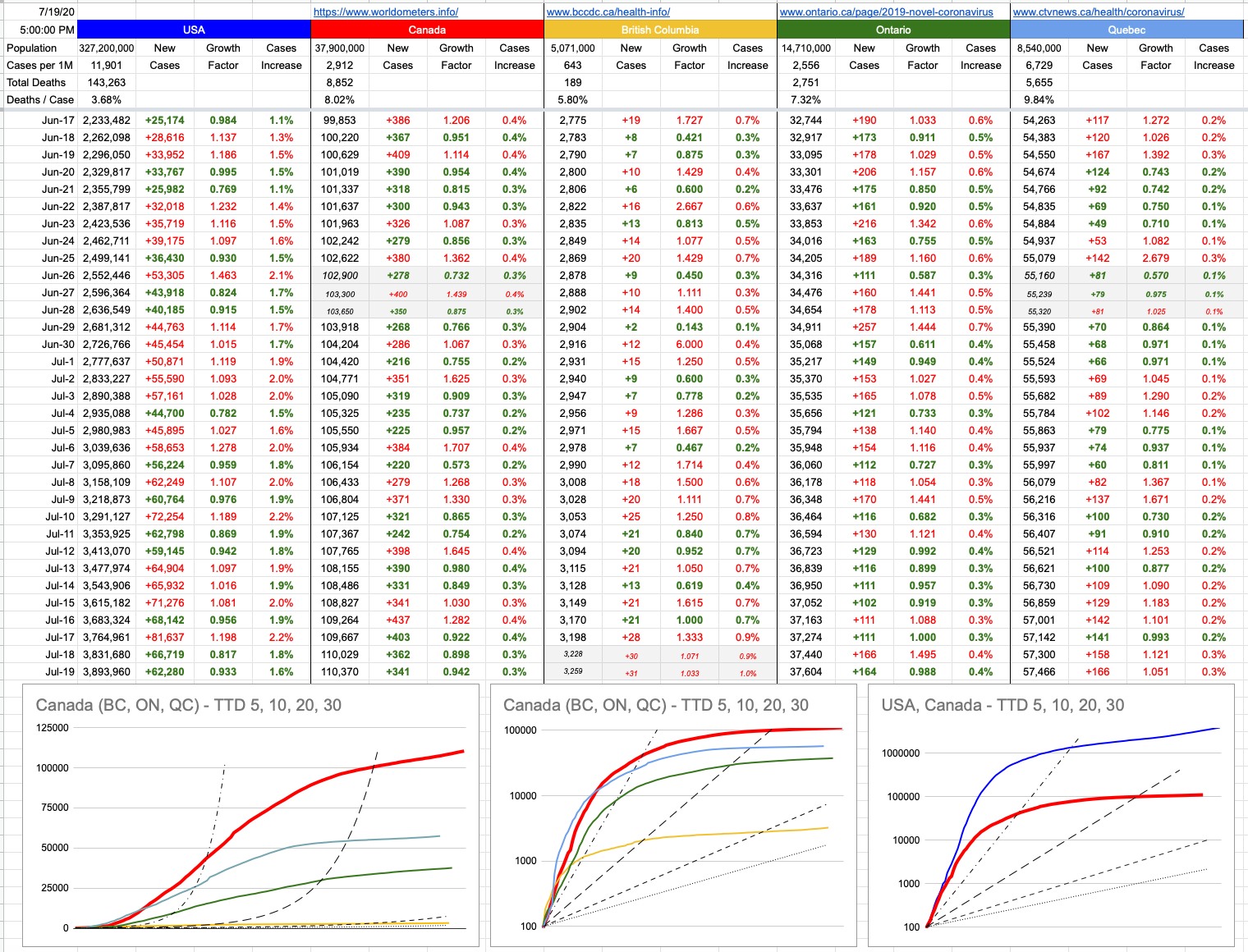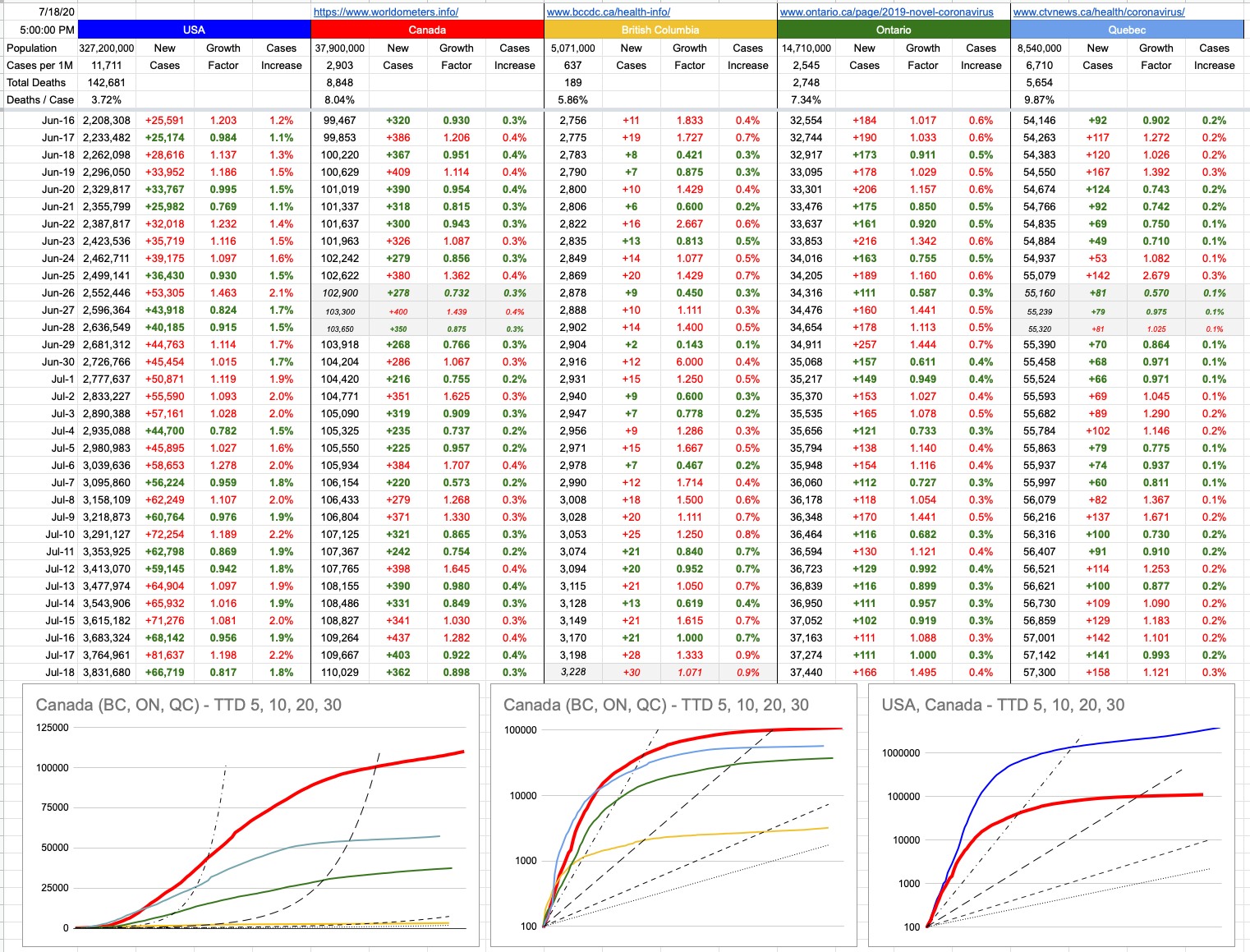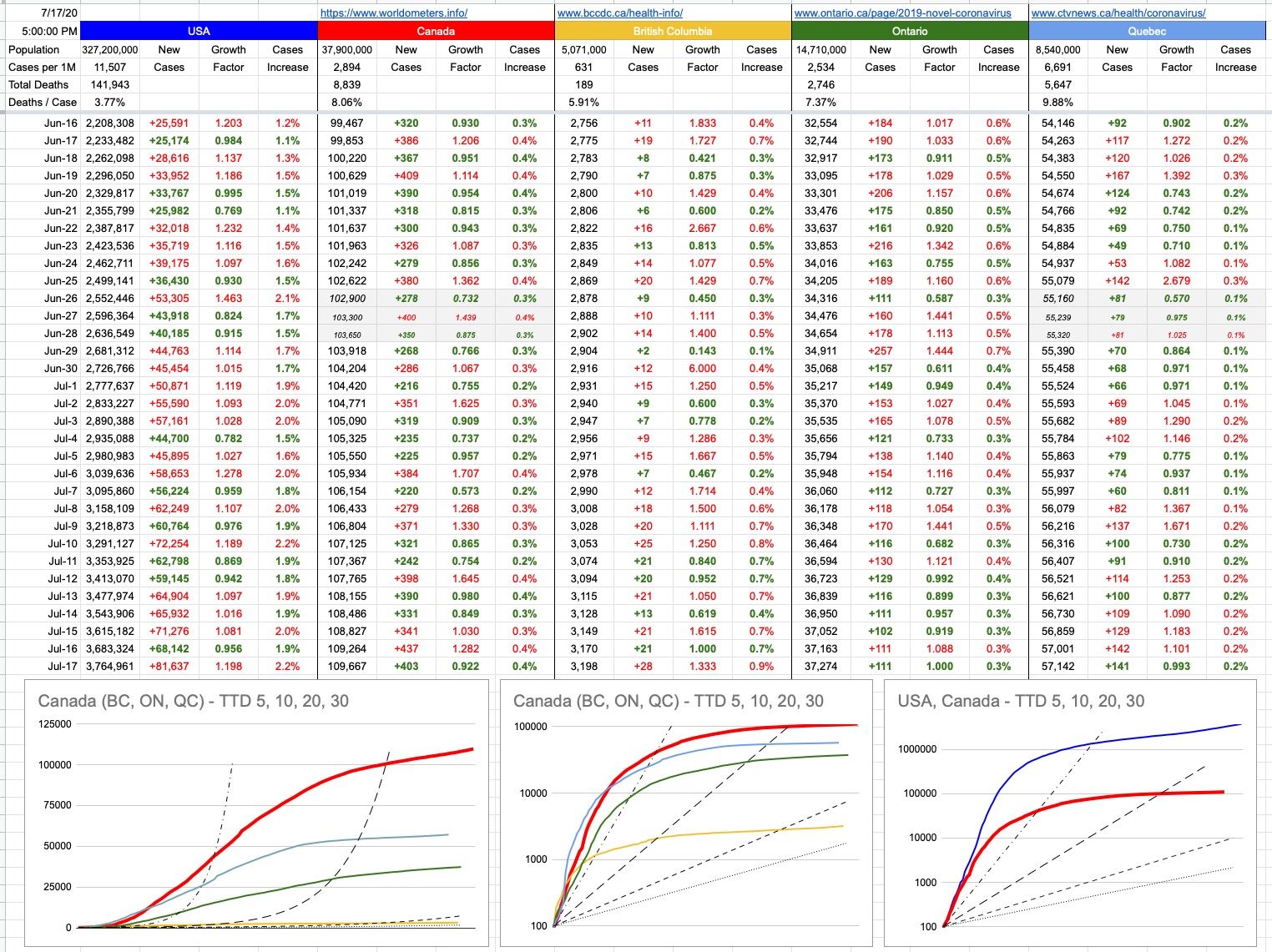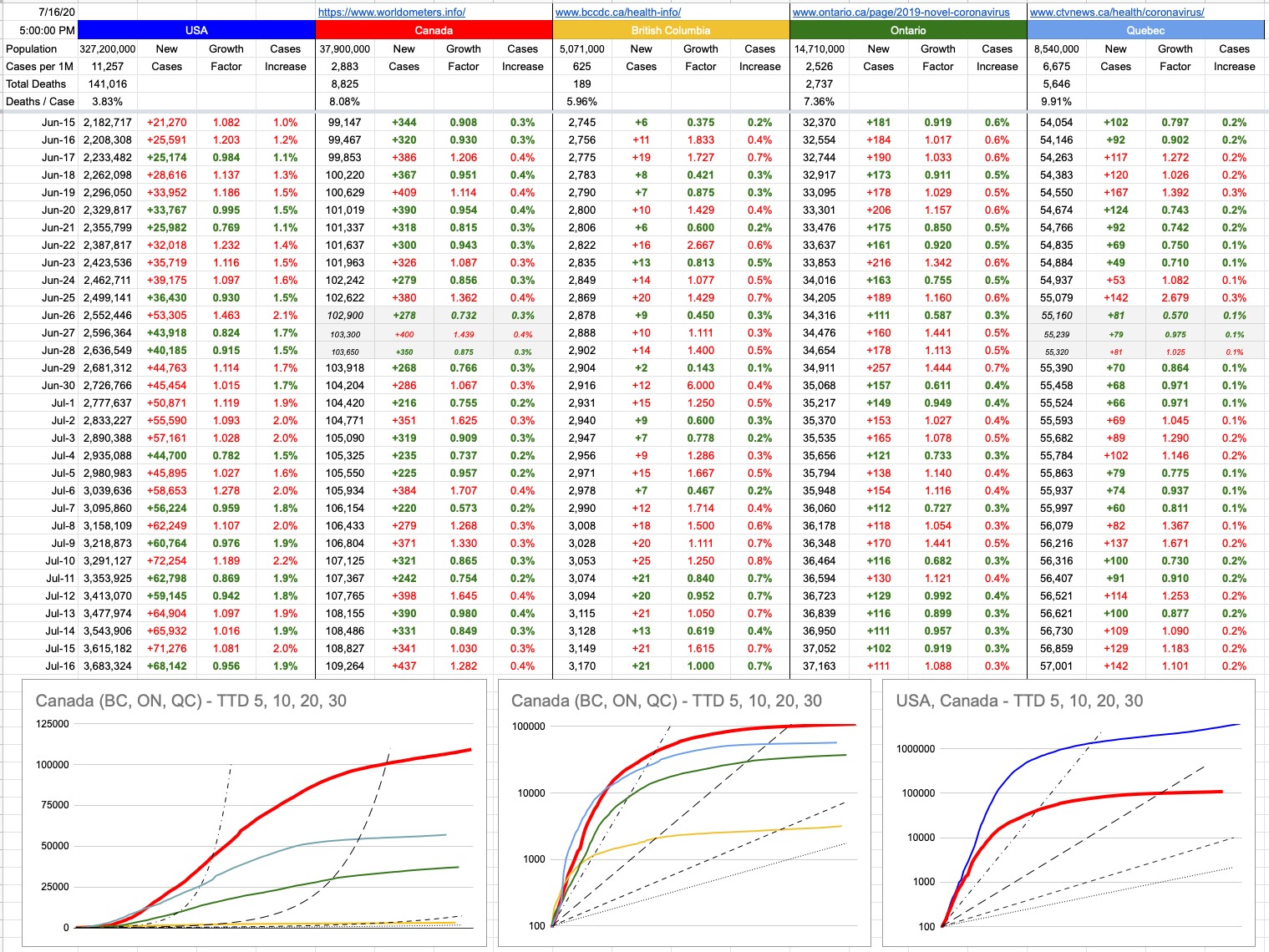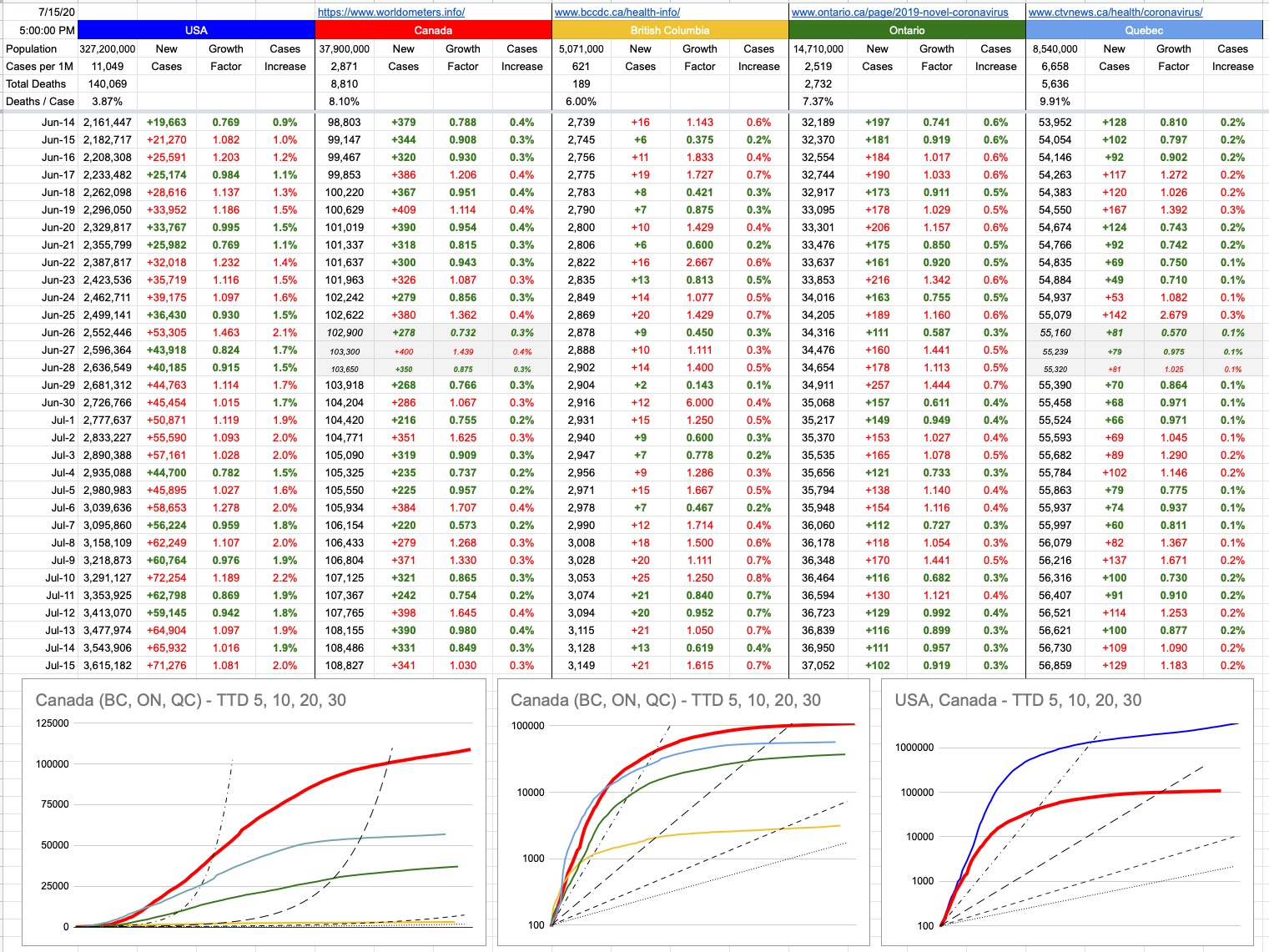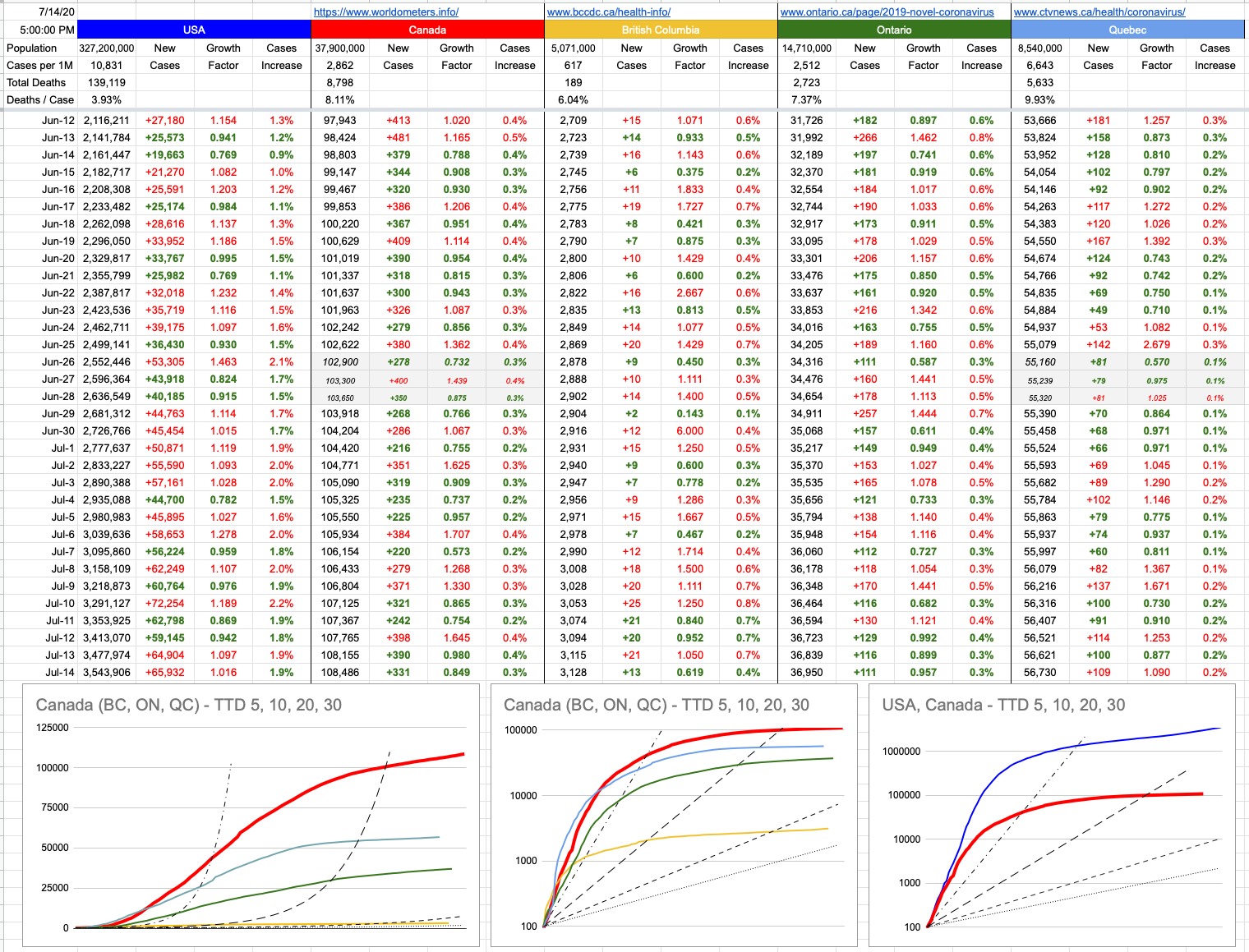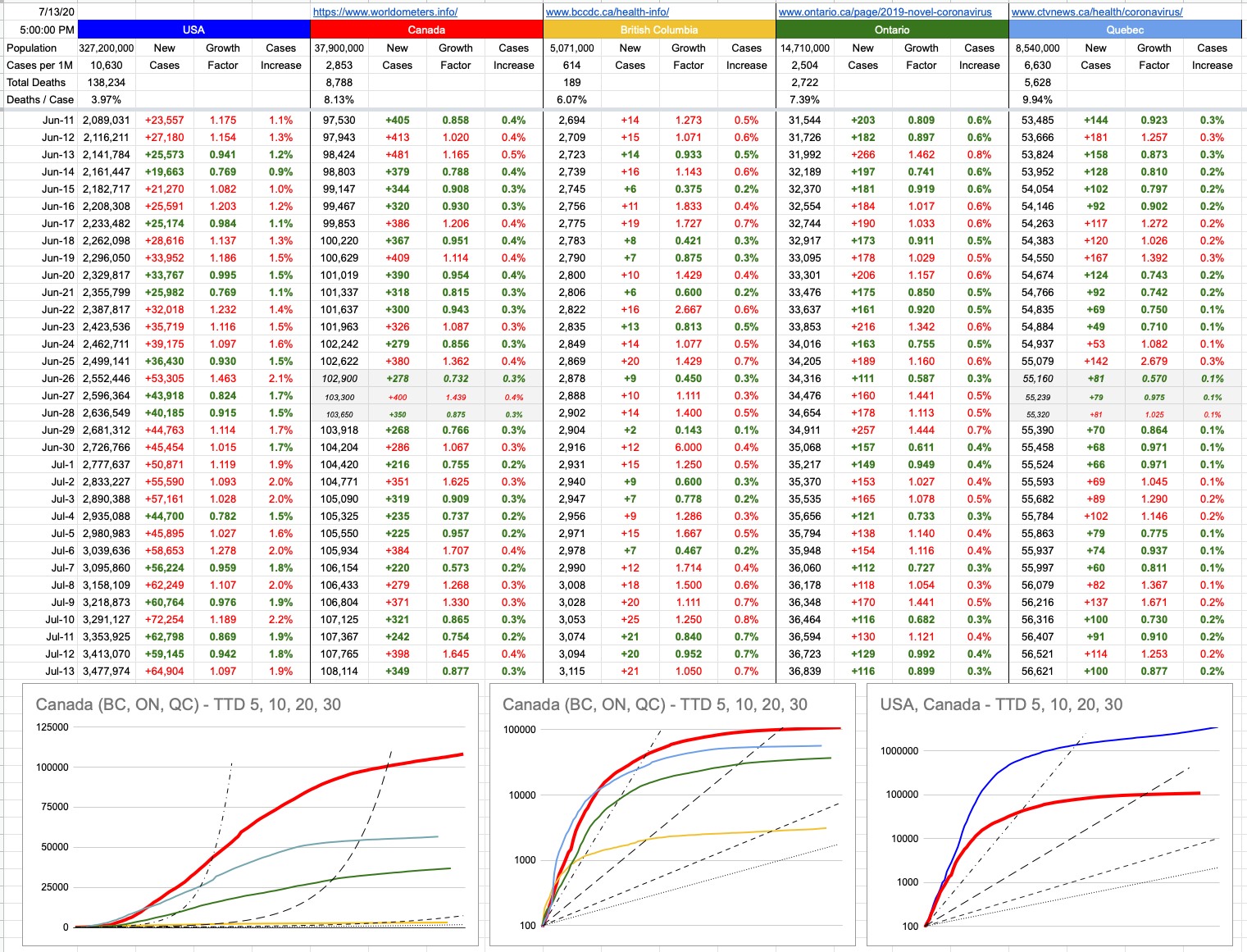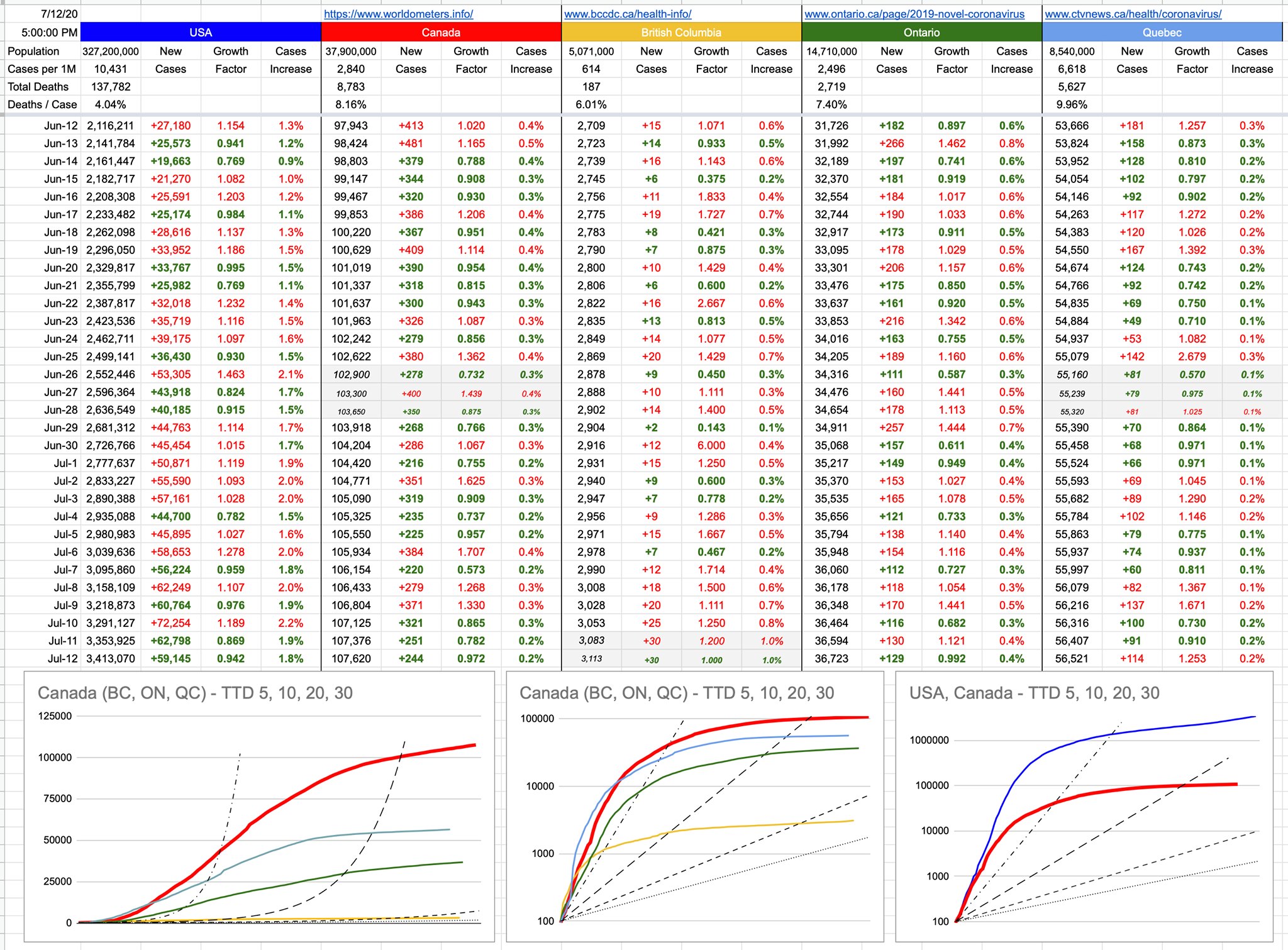July 21, 2020
It was Arthur C. Clarke, notable author, inventor and futurist, who’s quoted as saying, “Any sufficiently advanced technology is indistinguishable from magic.”
Very true indeed. We all take for granted technology these days that would baffle even the brightest minds of not-so-long ago. The little phone you carry around (and perhaps with which you’re reading this) is a prime example. We get mad at it when “the stupid thing isn’t working”, but you’d think about it differently if you considered the complexity of the underlying infrastructure that makes it all work. Imagine someone 50 years ago watching you take a picture with your iPhone. OK, fancy tiny camera… very cool. But not impossible. And then they watch you AirDrop™ that picture to the person next to you. That’d be nothing less than magic.
I’ve been around long enough to see true innovative technology arrive, explode onto the scene, and then slowly drift from relevance as newer, more advanced technology took over. For example, CDs. They appeared literally overnight (from a consumer point of view) and took over the world. They were, for a time… magic. And they have since drifted into obscurity.
One interesting thing in the early days of CDs was both the marketing and technology of what was called “oversampling”. There’s more to it than what I’m going to describe, but basically it was this – the laser that’s reading what’s on the surface of the disc has about a zillionth of a second to bounce itself off a particular spot and decide whether it’s a one or a zero. And it’s not always right. Since that’s happening 44,100 times per second, it’s not a huge deal if it gets it wrong once in a while. But, that depends how wrong… your music quality would tend to degrade, and if it’s data, it has to be perfect. Data inherently is stored with what are called “CheckSums” – that verify the integrity of the data. For example, a simple version might be that after every 1,000 bits, it tells you how many zeros there were. And also how many ones. If those two numbers don’t add up to 1,000… there was a problem, so read it again. Credit card numbers also have a built-in sanity check… VISA numbers start with 4, MasterCard with 5… but not just any random string of 15 digits after that will work. In fact, only one in ten.
But music isn’t stored that way… it’s just sample after sample. So what they did is this… they’d get the laser to sample each bit more than once. 2x oversample. 4x oversample. 8x oversample!! If 6 of 8 of those reads say it’s a one, go with that.
If this sounds just like adding more and more blades to your razor, you’re right. At some point, the diminishing returns no longer make sense. How many blades do you need to get a perfect shave? I don’t know, but I know that two blades are better than one. Four is perhaps better than three. But I’m not sure 27 blades on some 6-inch razor are better than 26.
With CDs, I once saw a model boasting 96x oversampling. Come on.
This all comes to mind when reading numerous articles about COVID-19 testing. Rates of false positives. Rates of false negatives. People who’ve tested negative then positive then negative then positive. Good tests, bad tests, expensive tests, cheap tests.
In some cases, it’s a threshold… you could have it, but not in a high enough concentration to test positive. This is exclusively a problem for asymptomatic cases; I have yet to read about a test that reports a false negative for someone with symptoms.
Just thinking out loud… it makes me wonder… what would happen if you treated testing the way those CD players used to it. Do 8 cheap tests on someone all at once… instead of a far more expensive single test whose failure rate is lower, but not zero. Like I said, just thinking out loud… but one path of managing this involves testing; lots of it. And if you form a triangle of “cheap, fast, accurate” and have to pick two at the expense of the third… perhaps “cheap and fast” is the angle to go with. This is just simple statistics… not magic.
View Original Post and All Comments on Facebook


